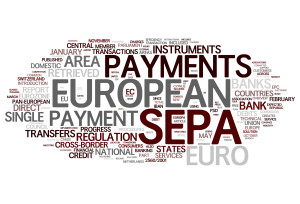
Losses can be large, sudden and unexpected
Recently, OW Bunker, one of the world’s largest bunker suppliers, said it filed for bankruptcy, less than two days after it announced at least $275 million in losses stemming from fraud at Singapore subsidiary Dynamic Oil Trading and mark-to-market losses.
The Danish company, which claims 7% of global bunker market share, said in-court restructuring procedures had not presented a “sustainable solution” that left it with no alternative to bankruptcy.
The company was just publicly listed in Copenhagen in March this year and has since halted trading and been removed from the stock exchange listing.
It is believed that credit insurers will be paying high levels of claims.






